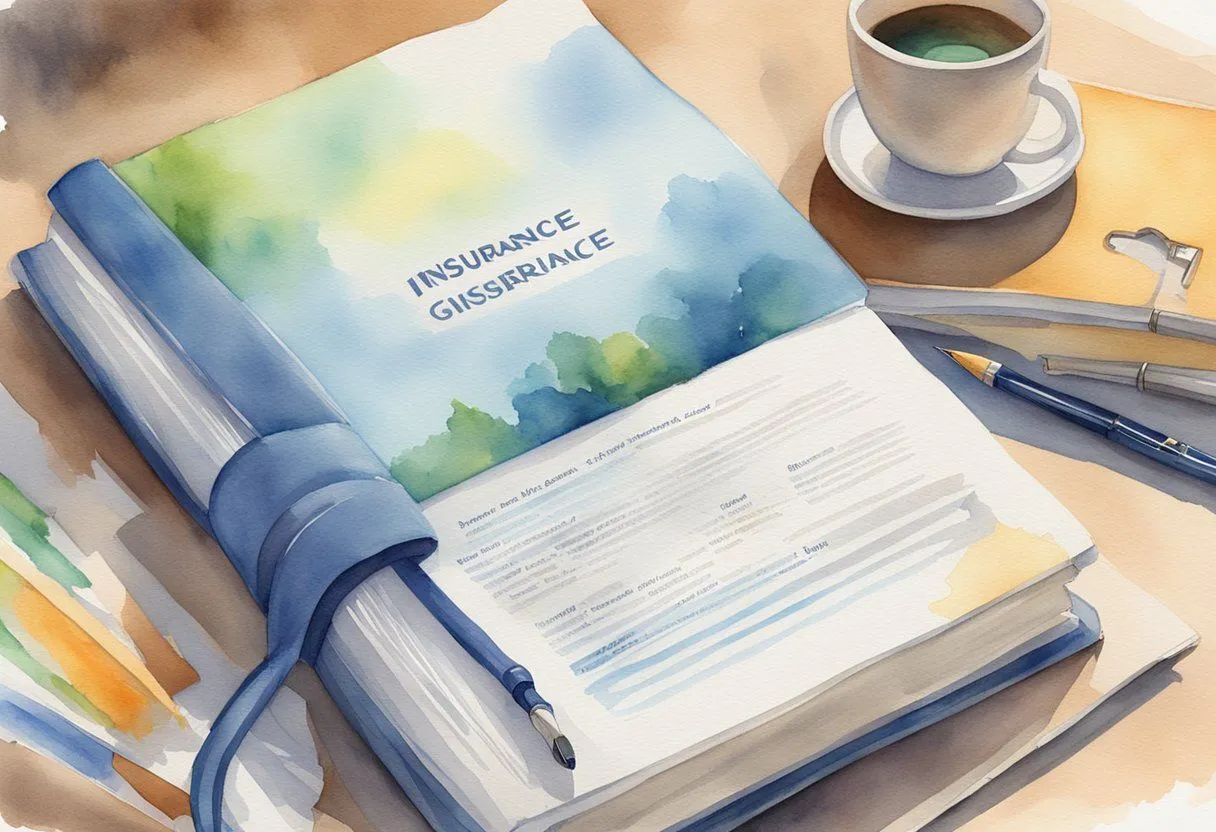Crafting an Insurance Plan for Every Life Stage: Family Matters
Crafting an insurance plan that fits the needs of every family member is a crucial aspect of financial planning. As individuals move through various life stages, their insurance needs change, making it necessary to update policies accordingly. From newlyweds to empty nesters, every family has unique insurance requirements that must be addressed.
When it comes to insurance planning, there is no one-size-fits-all solution. Each family member has different needs and priorities, making it essential to tailor policies to their specific circumstances. For example, a young couple may prioritize life insurance to protect their growing family, while a retired couple may prioritize long-term care insurance to cover potential health care costs.
Creating an insurance plan that accounts for every life stage is crucial to ensure that family members are adequately protected. By understanding the insurance needs of each family member, individuals can craft a comprehensive plan that provides peace of mind and financial security. In this article, we will explore the importance of insurance planning for every life stage and offer tips for creating a customized insurance plan that fits your family’s unique needs.
Understanding Insurance: The Basics

Insurance is a contract between an individual and an insurance company. The individual pays a premium, and in return, the insurance company agrees to provide financial protection in the event of a covered loss. Insurance policies can be purchased for a variety of risks, including health, life, property, and liability.
When purchasing insurance, it is important to understand the following key terms:
- Premium: The amount of money paid to the insurance company for coverage.
- Deductible: The amount of money that the policyholder must pay out of pocket before the insurance company begins to pay for covered losses.
- Coverage limit: The maximum amount of money that the insurance company will pay for covered losses.
- Policy term: The length of time that the insurance policy is in effect.
It is also important to understand the difference between two types of insurance:
- Term life insurance: Provides coverage for a specific period of time, such as 10, 20, or 30 years. If the policyholder dies during the term, the insurance company pays a death benefit to the designated beneficiary.
- Permanent life insurance: Provides coverage for the policyholder’s entire life. In addition to a death benefit, permanent life insurance policies also have a cash value component that can be borrowed against or used to pay premiums.
When selecting an insurance policy, it is important to carefully review the coverage options and compare policies from multiple insurance companies. It is also important to regularly review and update insurance policies as life circumstances change.
Choosing the Right Insurance at Each Life Stage

When it comes to insurance, one size does not fit all. Insurance needs vary depending on the stage of life a person is in. Here are some tips on choosing the right insurance at each life stage:
Starting a Family
Starting a family is an exciting time, but it also comes with added financial responsibilities. It’s important to consider life insurance to protect your family’s financial future. A term life insurance policy is a good option for young families. It provides coverage for a set period of time and is typically less expensive than other types of life insurance.
In addition to life insurance, it’s also important to consider disability insurance. If a primary breadwinner is unable to work due to an illness or injury, disability insurance can provide a source of income to help cover expenses.
Middle Age Planning
As people enter middle age, their insurance needs may change. It’s important to review existing policies and make any necessary adjustments. This is also a good time to consider long-term care insurance. Long-term care insurance can help cover the cost of nursing home care or in-home care if a person becomes unable to care for themselves.
Another option to consider is umbrella insurance. Umbrella insurance provides additional liability coverage beyond what is provided by existing policies. This can be especially important for those with significant assets to protect.
Senior Life Insurance Needs
As people enter their senior years, their insurance needs may change again. It’s important to consider final expense insurance, which can help cover the cost of funeral expenses and other end-of-life costs. Medicare supplemental insurance can also be an important consideration. It can help cover the gaps in Medicare coverage, such as deductibles and co-payments.
Overall, it’s important to regularly review insurance needs and make any necessary adjustments. By choosing the right insurance at each life stage, individuals can help protect their financial future and provide peace of mind for themselves and their loved ones.
Insurance for Unforeseen Circumstances

Life is unpredictable, and no one knows what the future holds. It is essential to prepare for unforeseen circumstances, and insurance is an excellent way to do so. Here are two types of insurance that can help individuals and families during unexpected situations.
Accident Insurance
Accidents can happen anytime and anywhere. Accident insurance provides financial protection in case of accidental injuries. This type of insurance covers medical expenses, hospitalization, and rehabilitation costs. Some policies also provide a lump sum payout in case of permanent disability resulting from the accident.
Accident insurance is especially important for people who work in high-risk jobs or participate in dangerous activities. It can also be beneficial for families with young children who are more prone to accidents.
Critical Illness Insurance
Critical illness insurance provides financial protection in case of a serious illness such as cancer, heart attack, or stroke. This type of insurance covers medical expenses, hospitalization, and other related costs. Some policies also provide a lump sum payout in case of a critical illness diagnosis.
Critical illness insurance can be beneficial for anyone, but it is especially important for people with a family history of serious illnesses or those who have a high-risk lifestyle. It can provide peace of mind knowing that financial support is available during a difficult time.
In conclusion, accidents and critical illnesses can happen to anyone at any time. Insurance can provide financial protection and peace of mind during these unexpected situations. It is essential to consider different types of insurance policies and choose the ones that suit your needs and budget.
Review and Update: Keeping Your Insurance Relevant
Insurance needs change as life changes. It’s essential to review and update insurance policies regularly to ensure they remain relevant to your current situation. Here are some tips to keep your insurance up to date:
- Life Events: Review your insurance policies whenever you experience a significant life event, such as marriage, divorce, birth of a child, or a change in employment status. These events may require adjustments to your coverage levels or beneficiaries.
- Coverage Limits: Review your insurance coverage limits to ensure they are adequate for your current needs. As your income and assets grow, you may need to increase your coverage limits to protect your financial future.
- Policy Riders: Consider adding policy riders to your insurance policies to provide additional coverage for specific risks. For example, a disability rider can provide income replacement if you become disabled and unable to work.
- Policy Exclusions: Review your policy exclusions to understand what risks are not covered by your insurance policies. If you identify any significant gaps in coverage, consider purchasing additional policies or riders to fill those gaps.
- Policy Premiums: Review your policy premiums regularly to ensure they are still competitive. If you find that your premiums have increased significantly, consider shopping around for better rates.
By reviewing and updating your insurance policies regularly, you can ensure that your coverage remains relevant to your current situation, and you can avoid being underinsured or overinsured.



